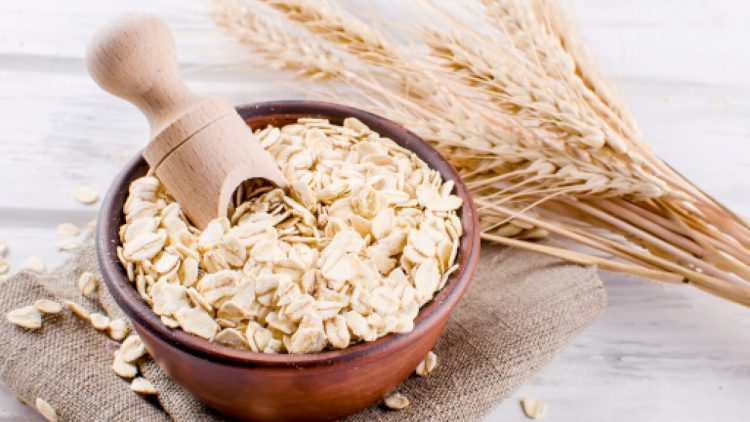Maintaining healthy teeth and gums isn’t just about brushing and flossing—it’s also about what you eat. A balanced diet that includes tooth-friendly foods can strengthen enamel, reduce the risk of cavities and gum disease, and support long-term oral health. Below are some of the most beneficial foods for a healthy smile and how they work.
1. Dairy Products
Examples: Milk, cheese, plain yogurt
Dairy products are rich in calcium and phosphates, which help rebuild and maintain tooth enamel. Cheese also stimulates saliva production, which naturally cleanses the mouth and neutralizes acids.
2. Leafy Green Vegetables
Examples: Spinach, kale, collard greens
Leafy greens provide calcium for enamel strength, as well as folic acid and other nutrients that promote healthy gums. They are low in sugar and high in fiber, which supports general oral health.
3. Crunchy Fruits and Vegetables
Examples: Apples, carrots, celery
Firm, fibrous produce helps scrub plaque off tooth surfaces and stimulates saliva production. Apples in particular are known for their natural cleaning action during chewing.
4. Nuts and Seeds
Examples: Almonds, sesame seeds, walnuts
These are rich in minerals like calcium, phosphorus, and magnesium. They also require more chewing, which encourages saliva flow. Almonds are especially beneficial due to their low sugar content and high calcium levels.
5. Tea (Unsweetened)
Examples: Green tea, black tea
Tea contains polyphenols that help reduce the growth of harmful bacteria in the mouth. This can lower the risk of cavities and gum disease. Green tea also contains antioxidants that support tissue health.
6. Water
Water helps wash away food particles and acids, keeps the mouth hydrated, and supports healthy saliva levels. Fluoridated water strengthens enamel and reduces cavity risk.

7. Foods Rich in Vitamin C
Examples: Oranges, strawberries, bell peppers, broccoli
Vitamin C supports gum health by strengthening blood vessels and connective tissue. It also plays a role in reducing inflammation and promoting tissue healing.
8. Whole Grains
Examples: Oats, brown rice, quinoa
Whole grains are rich in B vitamins, iron, and magnesium, all important for gum health. They also promote stable blood sugar levels, reducing inflammation linked to gum disease.
9. Fatty Fish
Examples: Salmon, mackerel, sardines
Fatty fish provide vitamin D and omega-3 fatty acids, which help the body absorb calcium and reduce gum inflammation. Omega-3s are also known to support bone density.
What to Avoid
To preserve oral health, limit:
- Sugary drinks and snacks
- Acidic beverages like soda and citrus juices
- Sticky foods like dried fruit
- Frequent snacking between meals
Conclusion
A diet rich in minerals, vitamins, fiber, and healthy fats can help protect your teeth from decay, support your gums, and maintain a confident, long-lasting smile. Combined with regular brushing, flossing, and dental checkups, these foods form the foundation of excellent oral health.













































Discussion about this post